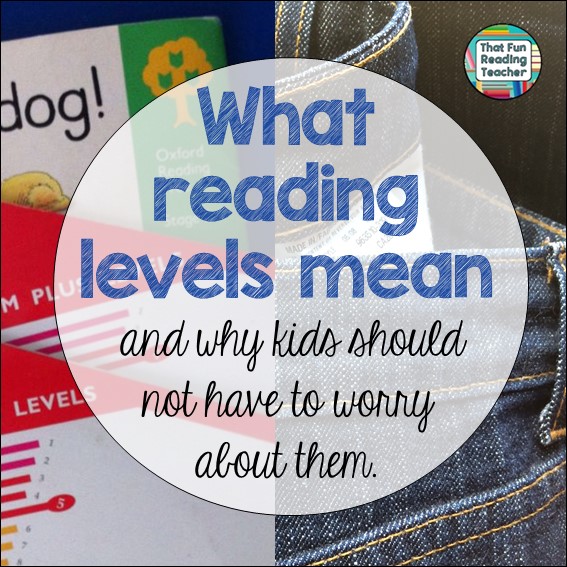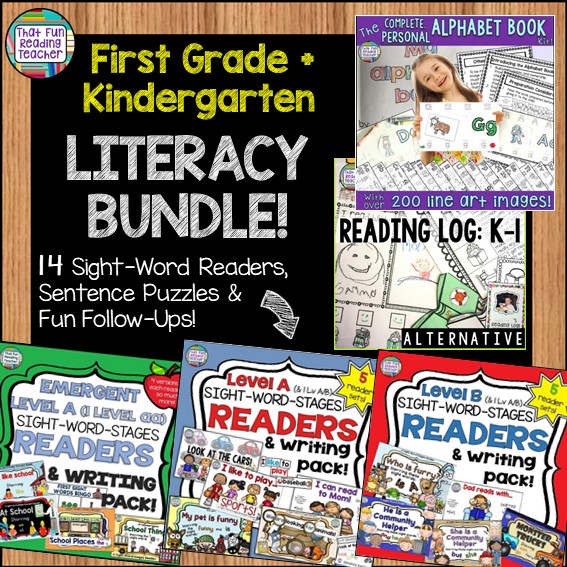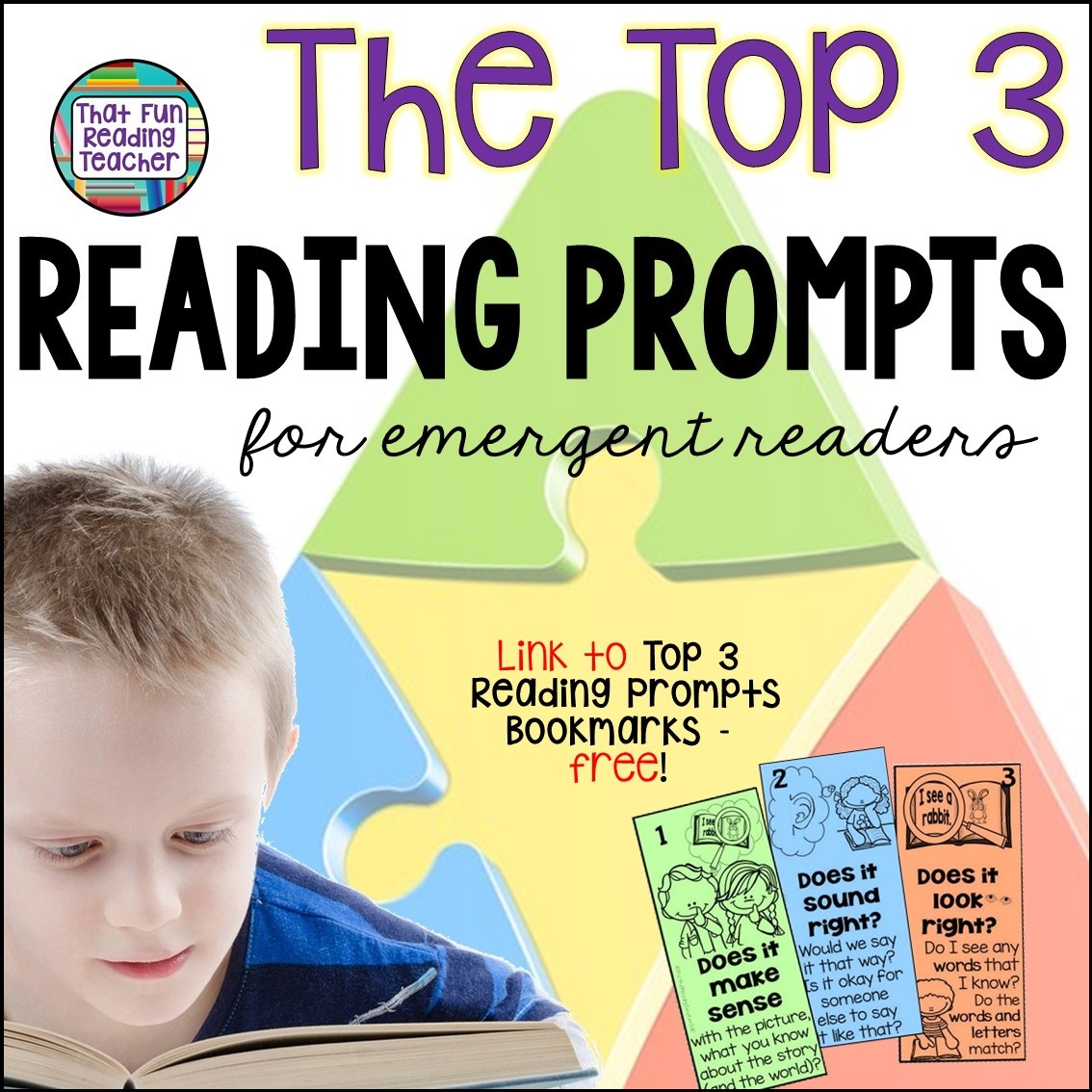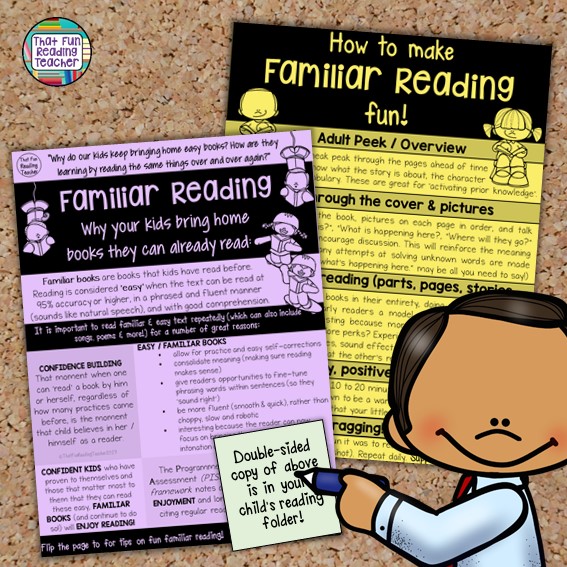Reading Levels:
The term ‘reading levels’ in a broad sense means a number of things. They can include:
- reading accuracy
- phrasing and fluency
- comprehension level
(to name a few)…on a text with specific guidelines within a given reading system. A student’s success in these areas are dependent on reading strategies developed over time, to bring various sources of information together simultaneously at increasing levels of difficulty, with decreasing levels of support.
Organizations, such as school boards, use a combination of systems to measure reading levels. Click here for the various reading systems explained!
Why schools use leveled readers:
Leveled readers are used to match children with books that are ‘just right’ for their reading skills. If a book is too easy, it will lack the problem solving necessary to challenge them to continue to grow as readers.
If a book is too hard, time and effort struggling through difficult words or passages will rob the reader of meaning and enjoyment.
Leveling depends on a number of factors, and each level gradually gives the reader more of a challenge in a developmentally appropriate sequence.
Why we do not speak their name…
Kids who struggle with reading, or simply have a slower start, know it. The more people discuss reading levels, the more children fixate on the numbers.
I’ve known many children who read well above grade level, but wanted to be in a particular child’s level, or at a certain number. Levels can be a great source of anxiety and detract from actual reading! Being the ‘kid who can’t read’, a ‘bad reader’, the ‘best reader in the class’, or ‘really smart’ can become a part of one’s identity. Labels like these weigh heavily on kids.
Imagine walking around with the size label on the outside of your jeans, and hearing your friends’ parents discussing it at the bus stop. Having it posted on a list. Regardless of what the label says, the lack of privacy leaves one vulnerable to a status. The public knowledge of the label leads to trying for a ‘better’ number, maintaining the acceptable one, or coming up with an explanation for not measuring up. In some cases, shame.
Too much attention to book levels can encourage competitive feelings. Is that fair considering the developmental factors in reading readiness?
Children only pay attention to the levels on the books or realize their significance if others deem them important.
Here’s what helps:
- Sending the message that people read for real purposes (i.e. instructions to learn how to do something, stories for enjoyment or research for needed information) is easy, just by reading in front of the kids!
- Ignoring or casually shifting reading level talk draw less attention than firmly shutting down a conversation. Questions or concerns can then be brought up with the teacher privately.
- Leveled books are just a small piece of the puzzle. Enjoying print means playing some reading games, listening to great stories and enjoying browsing interesting books.
Part of teaching children about reading is teaching them to look at the benefits of it over a lifetime and creating great memories, now.
Does your child talk about reading levels? (Levels are not marked on the readers below!)







Oh, no. All us moms talk about the levels in front of the kids. No wonder they always flip the books over and talk about them too! It’s like a competition! My daughter is always trying to keep up with the famous blue group in her class! So glad I read this. I’m telling the other moms. Thanks.
Thank YOU for the positive feedback! When I taught grade one, I used to frequently change what I called the groups, and did some mixed ability grouping at times, too. If we all work together and keep the kids focused on enjoying stories, we’re on the right track!
Thanks for this post! I totally agree! This year I am letting students read whatever they want and they are actually reading. Sometimes they read books I think are too easy for them, but then later they will be reading books at their level. We share what we are reading and recommend books to each other. I am planning to eliminate leveled baskets in my classroom library now. I will only use the levels for selecting texts for reading groups.
That’s great, Jennifer. Those easy books are so good for their self-esteem. I teach primary special education now and take my grade threes (who want to) to read their easy / familiar books to kindergarten students one recess a week. They are finally the ones who are the good readers and the change in their self-esteem is palpable. I love what you are doing and hope more teachers do it. Levels are for adults.
Thank you so much for this great article. I am a Mom of a 6 year old who is younger than alot of her class and is having a slower time picking up reading. The article was spot on . My daughter is aware that she reads at a “lower leverl” than her peers and feels badly about it . The [pressure she is under is not only from peers , but teachers and educators and ever testers/proctors whose frustration she has picked up .
I don’t want to add to that pressure. As her Mom I will be trying hard now not to label books by levels or letters but just help her to enjoy reading .Thanks so much !
I’m happy to hear that it was helpful, Deborah! Many kids do know, often before they’re finished kindergarten, what the ‘status’ is. You’re right to mention your daughter’s age. Months matter more developmentally when kids are really young! Enjoying new and familiar stories through laughter, fun and even trickier emotions are the gateway to planting a solid sense of how stories work, language structure, new vocabulary and the benefits go on. Levels are for grown ups. Thanks so much for your comment.
God, I hated reading levels as a kid. The books that looked interesting to me were always out of my reading level. IN my school you had to be at a certain reading level in order to read certain books. I have dyslexia (Didn’t find out until late into high school), so I just never got to the point as a kid where they let me read the good books. So, because of the slow reading and what young me took as them discouraging me from reading, took to reading comic books and getting really into movies and basically reading scripts along to the movies. I know it’s supposed to be “Well build up to reading bigger books” but that just never worked with me. One of the first things I learned when I learned guitar was “Nothing Else Matters,” solo included. The first thing I learned on bass was a bass solo. For me those things helped, it was a way of showing myself, if I can do this with no training, then imagine what I can do if I practice.
Would I be more into reading if they just let me read hard books younger? Who knows.
Darren,
thank you so much for writing. What a struggle you went through, and yet you still read comic books and scripts. And you learned that you could figure out things that worked for you. You were self-motivated and resilient.
When I was teaching reading recovery, the initial collection of readers we were provided with for the program consisted of books about talking animals, families, friendships, fairy tales and nature. Most of our qualifying students (icked up through the assessment process) were boys and our book collection had few high-interest books for them. Ordering new books made such a difference, as did having a ‘guys read’ period each week when a senior (Male) volunteer read high-interest, above level books to them. This post may interest you: https://thatfunreadingteacher.com/why-boys-need-to-see-dad-read/ as the ‘guys read’ site is discussed here.
The reading recovery program in first grade helps identify red flags for learning disabilities like dyslexia so more assessment and programming can be put into place earlier for students. My optimistic self is hopeful that your struggle is no longer repeated. That was a big motivation for me in starting this site.
Thank you so much for sharing your story, and best wishes to you.
Take care,
I.M.